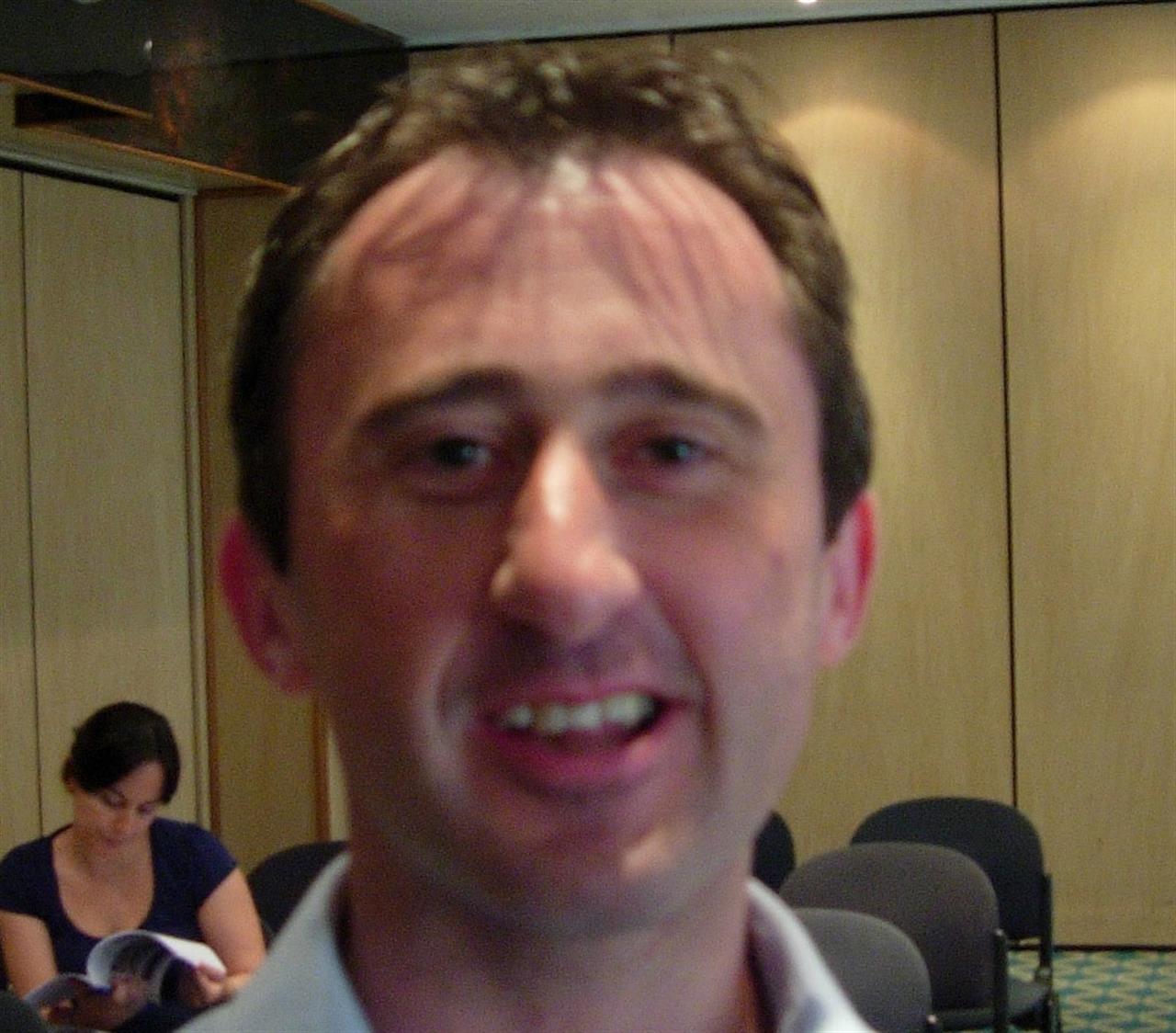Non profit
Jason Starks: Teaching cooperative enterprise at school
One of the Mose project partners explains the results of the comparitive analysis on Europe's third sector

Jason Starks, learning and development manager for the Cooperative College’s leadership and management department. One of his roles within the Mose project has been that of coordinating an overall analysis and comparison of the third sectors in Italy, Spain, the UK and Greece.
What can you tell us about the civil societies in Italy, Spain, the UK and Greece?
Firstly that the third sector across all of these countries is in a state of massive evolution. In particular there is a real political commitment to bridging the gap between public service delivery and service delivery by civil society organisations, which is an important development as it means a whole new range of opportunities will open for the third sector. Take the UK, for example, where pioneering methods of welfare devolution are being tested with huge success. As may be expected Europe’s civil society is extremely diverse, in terms of legislation, customs, economics, background and language. This sets an interesting scenario for the Mose’s project’s future developments.
What are the main challenges that civil society faces?
I think that it is important that the sector manages to maintain its sense of identity, that it values those characteristics that set it apart from the for profit sector. This can only be achieved through strategic management, achieving a degree of financial security and a sound legislative framework. But I also think that any changes must remain faithful to the values that define the sector. The key to this, of course, lies with the managers and directors, their leadership qualities and their training.
How to train leaders to be leaders?
By taking into consideration long term training, part time courses and e-learning as well as the traditional, formal education path. And of course by learning the tricks of the trade at a younger age…
What do you mean?
At the cooperative college we believe that anyone, even children can learn how to set up their own cooperatives. Cooperatives are in a way, the original ethical business and send out an important message: that social problems can be overcome by working together. This is the idea that lies at the heart of our Young Cooperatives scheme, a scheme that gives young people a practical introduction to co-operative enterprise by helping them to set up and run their own businesses.
Do they really work?
Of course! Many choose to run healthy eating tuck shops that only sell fair trade products, this way as well as the business and cooperation skills they learn, they also learn about the importance of fair trade and the relationship between the products they are selling and the lives of the farmers who produced them.
17 centesimi al giorno sono troppi?
Poco più di un euro a settimana, un caffè al bar o forse meno. 60 euro l’anno per tutti i contenuti di VITA, gli articoli online senza pubblicità, i magazine, le newsletter, i podcast, le infografiche e i libri digitali. Ma soprattutto per aiutarci a raccontare il sociale con sempre maggiore forza e incisività.
